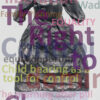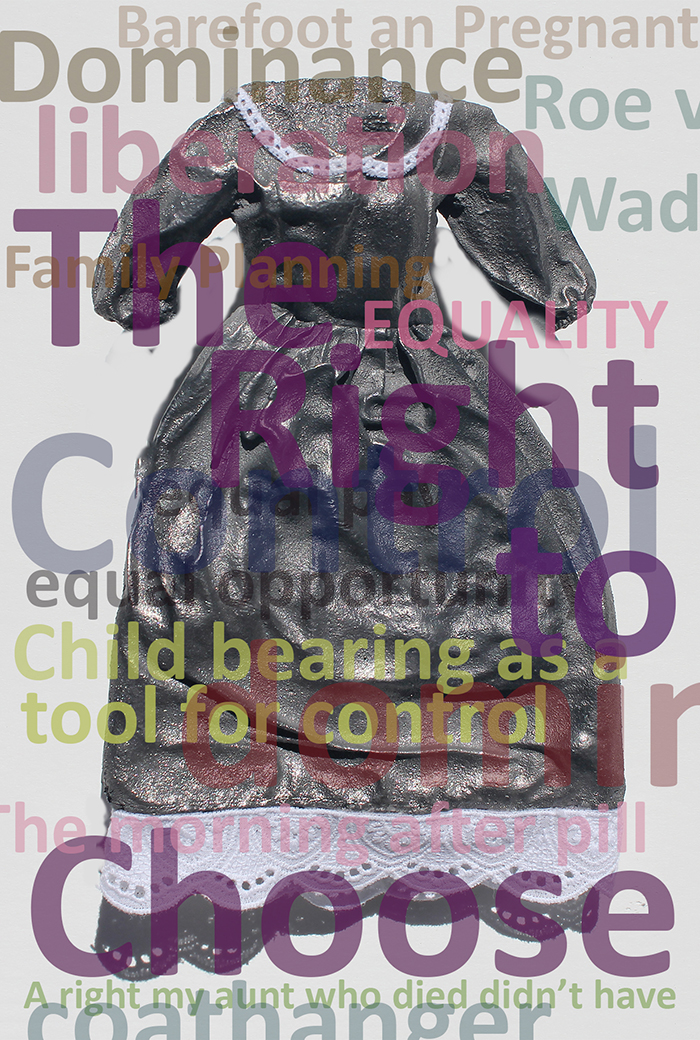Feminine rage has been a defining characteristic of the ongoing controversy surrounding the landmark case of Roe v. Wade. The landmark case, which was decided in 1973 by the U.S. Supreme Court, ensured a woman’s right to privacy and access to safe and legal abortion. However, since its ruling, the case has been subject to intense political and social debate, with many conservative and religious groups pushing for its reversal.
The controversy over Roe v. Wade has sparked immense anger and frustration among women, particularly those who have exercised their right to choose and those who believe in reproductive freedom as a fundamental human right. This anger stems from the feeling that their bodies, their lives, and their futures are being controlled and determined by politicians who are predominantly male and who have no personal understanding or experience with the complexities of pregnancy, motherhood, and reproductive health.
Many women view the attempts to overturn Roe v. Wade as an attack on their autonomy and an infringement on their fundamental rights. They see it as an attempt to control their bodies and restrict their ability to make decisions about their own health and well-being. The threat of losing access to safe and legal abortion also evokes fear and anxiety about the potential dangers of seeking out illegal and potentially unsafe procedures.


